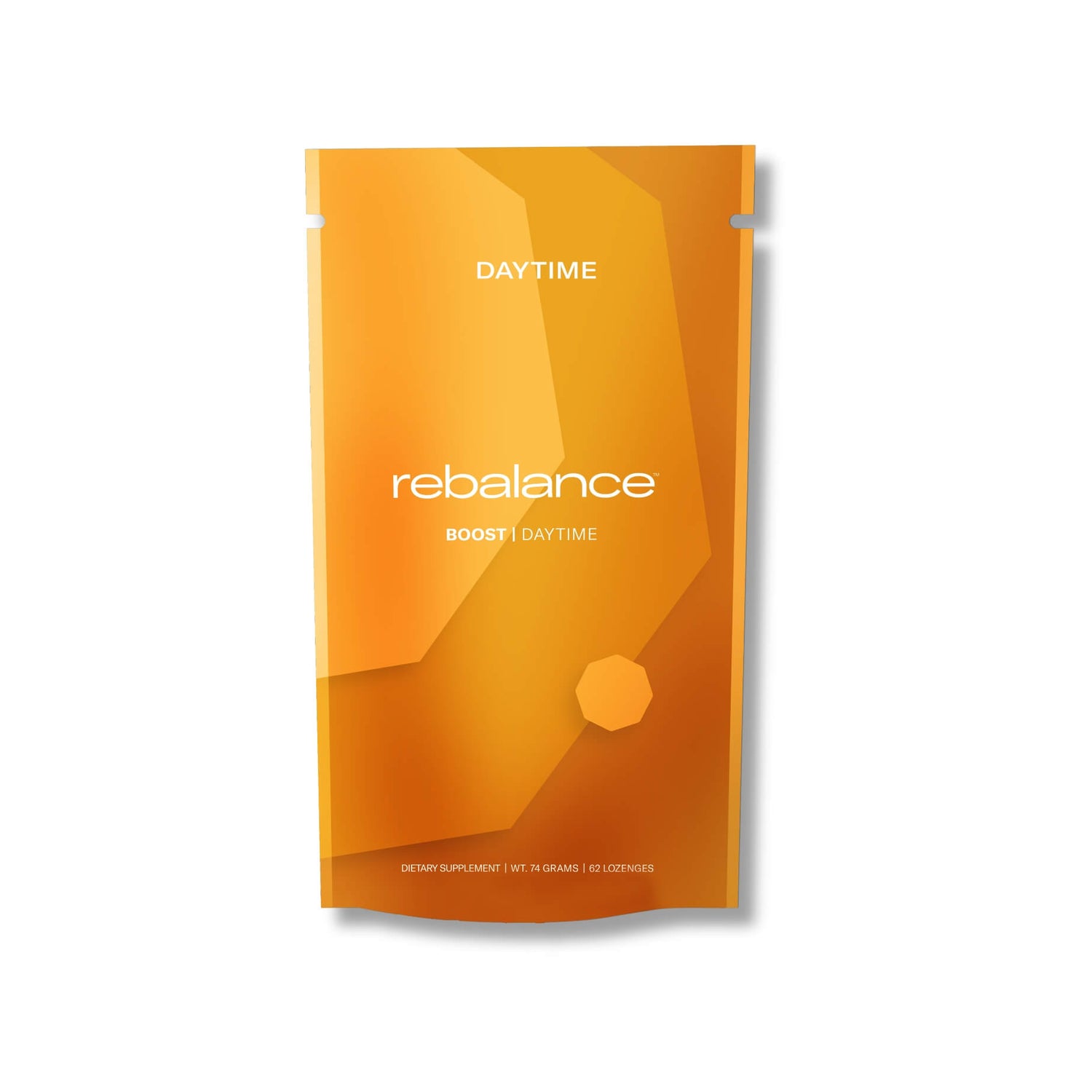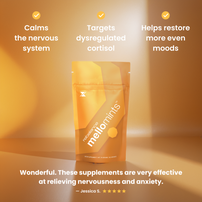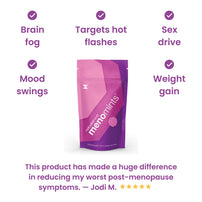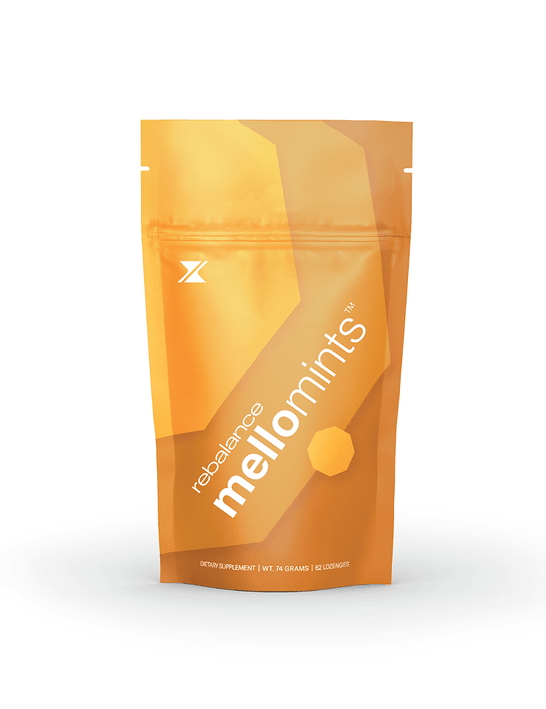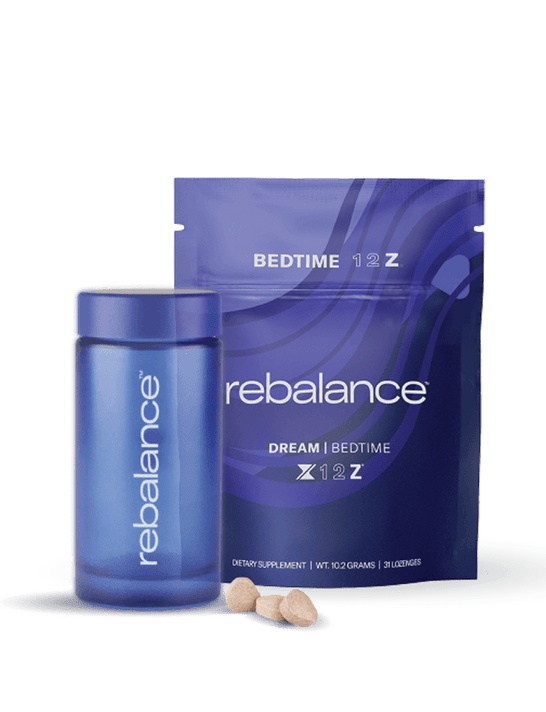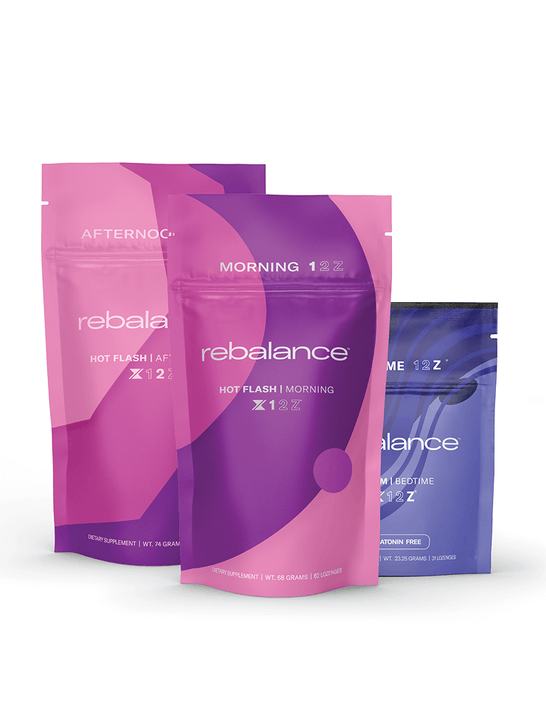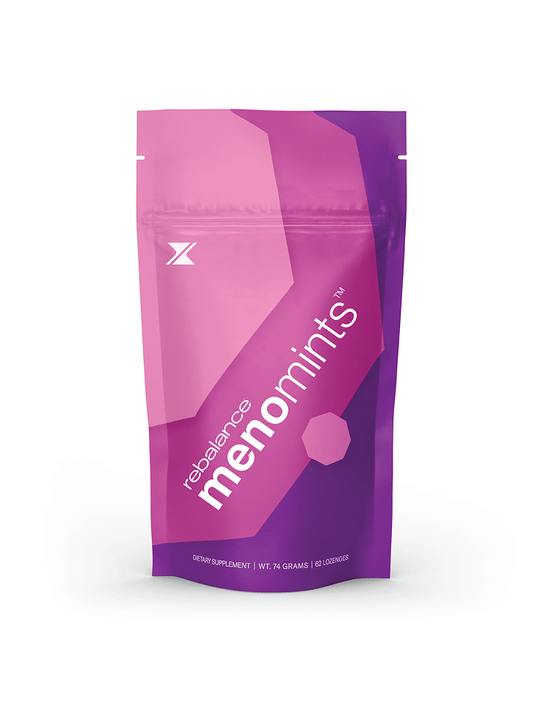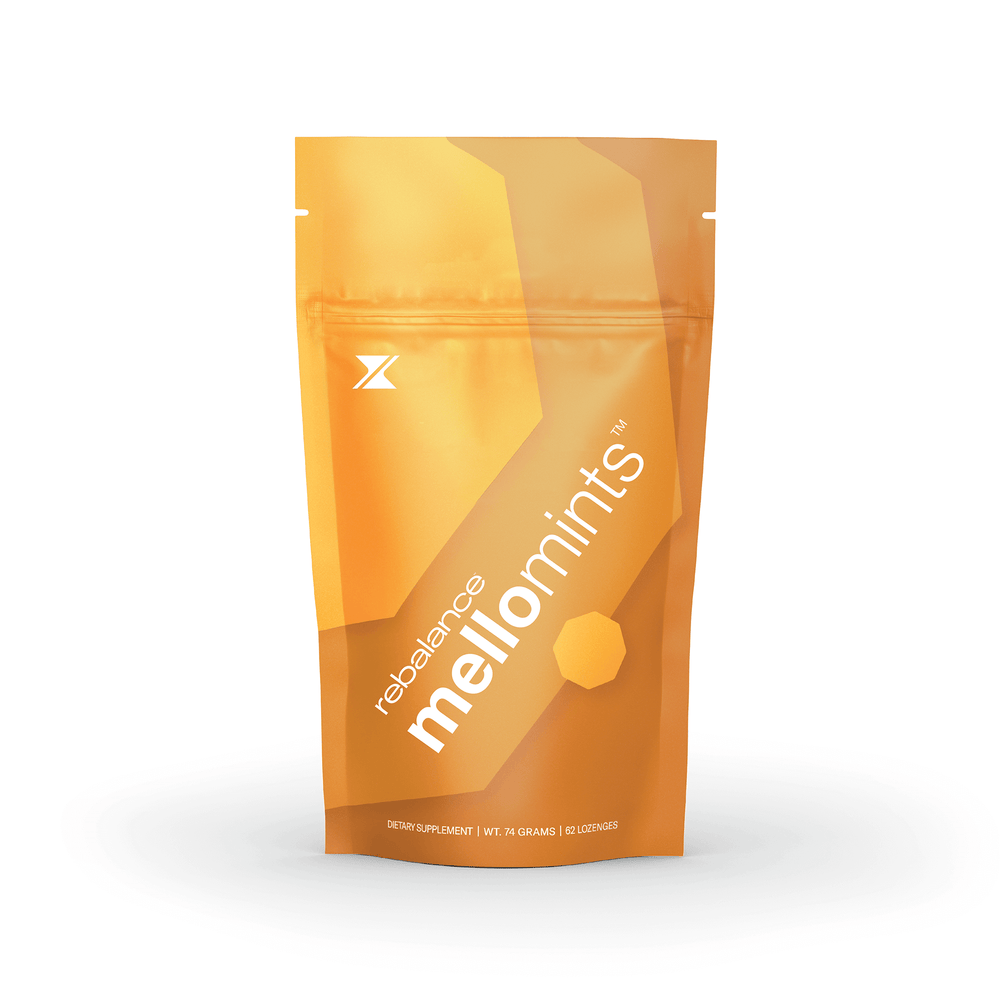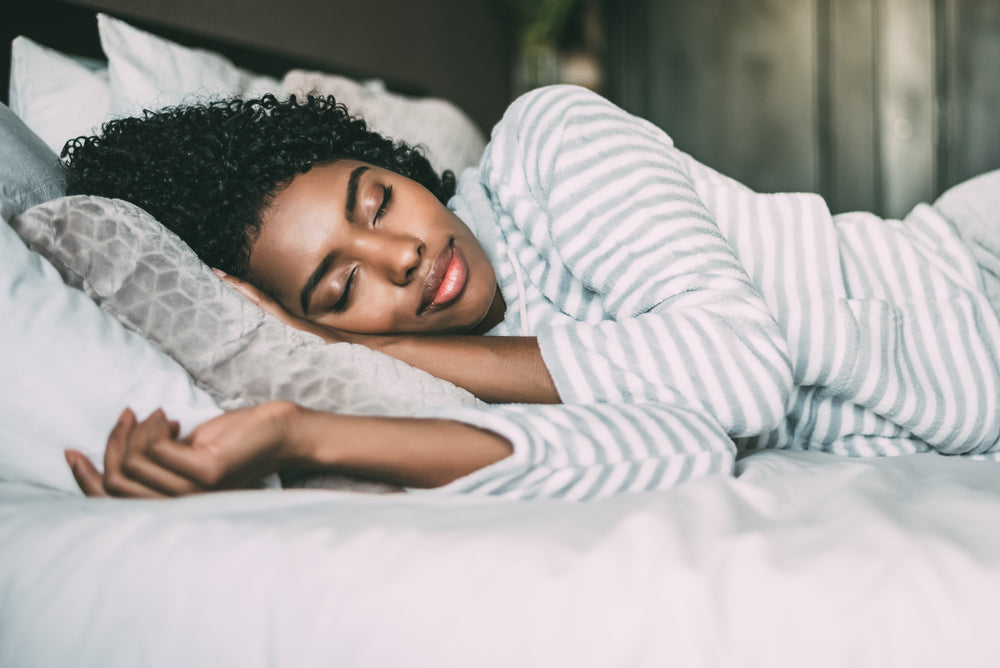Melatonin: Effects on Sleep, Dangers and is it Addictive?
09/16/2021 by Rebalance Health

INSIDE THIS ARTICLE:
1. Melatonin? Isn’t that about skin color?2. What keeps melatonin from doing its job?
3. Skip the drink(s) if you are having trouble with sleep
4. Don’t get carried away
5. Light isn’t always your friend
6. Why take melatonin supplements?
Did you hear that sleep is pretty much the most important thing you can do for your health and longevity? Assuming what you have heard, what remedies have you tried to improve your sleep?
There are plenty of lists of “the top 10, 20, 30 ways to get better sleep” and most offer numerous things you need to stop or shouldn’t do. Something that should be on every list is adding melatonin to your evening routine in proper proportions. A small amount goes a long way and isn't dangerous – the Rebalance Superceutcial™ DREAM™ uses only 2.5 mg.
But what is melatonin? Can you get addicted to melatonin? How does it work?
Melatonin? Isn’t that about skin color?
Melatonin is not about skin color. That’s melanin. Melatonin is a naturally occurring hormone in your body that optimizes your sleep cycle (circadian rhythm), enhances DNA repair, fosters anti-aging and is a potent antioxidant.

If you work or go to school during the day, then in a perfect world your body should start ramping up melatonin production as the sun goes down. Your body knows there’s a nice, comfortable horizontal place it’s heading to soon and wants to help make that happen. So, melatonin is there to do the job and get you there.
Melatonin develops in the brain and releases into the bloodstream. It makes its way to all kinds of places to calm your system down. Think of it as your gentle grandmother making you feel all kinds of cozy and comfortable. And sometimes you need an outside grandmother to come in and do the job. Thus, the numerous melatonin supplements available on the market that come in gummies and pill form.
You want melatonin. You need melatonin. Without it working at its most optimal, you are in a world of hurt.
What keeps melatonin from doing its job?
Like all things in your body, it doesn’t operate independently. Melatonin needs the right environment to make the most of what it’s designed to do. Stress kicks up cortisol in your body. When you live in a constant stress state, cortisol levels are higher and inhibit melatonin. You may go to sleep but if you are operating with high cortisol, then the melatonin isn’t going to keep you from waking up at 2am with a racing mind. You may need other support, such as ashwagandha, to help calm your cortisol and increase your sleep success.
Skip the drink(s) if you are having trouble with sleep
Alcohol and melatonin are not the best of friends. In fact, they work against each other. You may think that since alcohol makes you sleepy and tends to act as a sedative that it is a great way to help you fall asleep. You may feel sleepy but that alcohol is acting against your body’s natural sleep solution – melatonin. Alcohol actually reduces the amount of melatonin your body produces. This means you aren’t just hurting your chances for good sleep but not getting the repair and immune support benefits of natural melatonin.
Even if you are taking a melatonin supplement and topping off the evening with a nightcap, you are pretty much negating any benefits that melatonin gummy is going to give you. Some studies are starting to see evidence that taking supplemental melatonin may actually do one better for your body when it comes to alcohol. Taken in combination with other medications, melatonin may support the repair of organs negatively affected by alcohol use.
Don’t get carried away
Unlike alcohol, there is no evidence you can get addicted to melatonin. This doesn’t mean you should keep a jar of melatonin gummies by your bed, snacking away while you stream your latest favorite show. As the Greek poet once said, “Moderation in all things.” And he didn’t even know about melatonin in ancient Greece.
The questions around the potential hazards of over doing it with melatonin have increased as a result of the pandemic. Anxiety, stress, and the disruption of normal routines that came with lockdowns and uncertainty about, well, everything has resulted in more sleep issues. So, we've seen an increase in melatonin use and marketing of less than optimal melatonin supplements flood the market. Here, again, the ancient poet's words about moderation still apply.
Another word for moderation is balance. Melatonin as a supplement is a support tool that ultimately is part of a bigger movement you make toward a healthy lifestyle.

One of the biggest inhibitors of natural melatonin production in your body is light. Screen light from mobile devices, believe it or not, is one of the more common sources of melatonin inhibition by light, and thus messes with your circadian rhythm. This is why you see so many of the top ten lists for better sleep saying you need to stop reading your phone in bed at night. If you think that might be a little extreme, there are studies showing that any light other than what comes from under your door at night severely disrupts sleep and melatonin production.
Since melatonin supports immune response, even strengthens bone growth, light exposure at night can make you more prone to illness, and if you are battling disease the light isn’t helping you win that fight. “Circadian disruption by light at night is not only a risk factor in cancer, but also in metabolic diseases like diabetes,” says Muralidharan Anbalagan, PhD, assistant professor, Tulane University School of Medicine, New Orleans, Louisiana.
Why take melatonin supplements?
How long it takes for melatonin to work depends on the amount of milligrams you are taking. For adults, a range of 0.5 milligram to 5 milligrams should do the trick. As mentioned, Rebalance only uses 2.5 mgs in DREAM, because the ashwagandha and other ingredients are not only helping you fall asleep but to restore and repair while you sleep. It is recommended to take melatonin an hour before bedtime, and you may even feel it within a half hour, depending on how you respond to the dose.
Your goal is solid, good sleep. Keep that in mind when researching ways to improve this foundational aspect of your well-being. Melatonin is there to make that happen, while also doing all kinds of great things like supporting your immune system, repairing the parts of you that need tweaking, and even helping stave off cancer.
Rebalance more than sleep, but if you are going to improve your overall health and wellness sleep is a great place to start. And a little melatonin can increase your chances of success.
Overview

Stay Calm. Sleep Deep. Wake Clear.
A lozenge that supports deep sleep, better REM, and calmer nights. Without melatonin — unless you want it.
